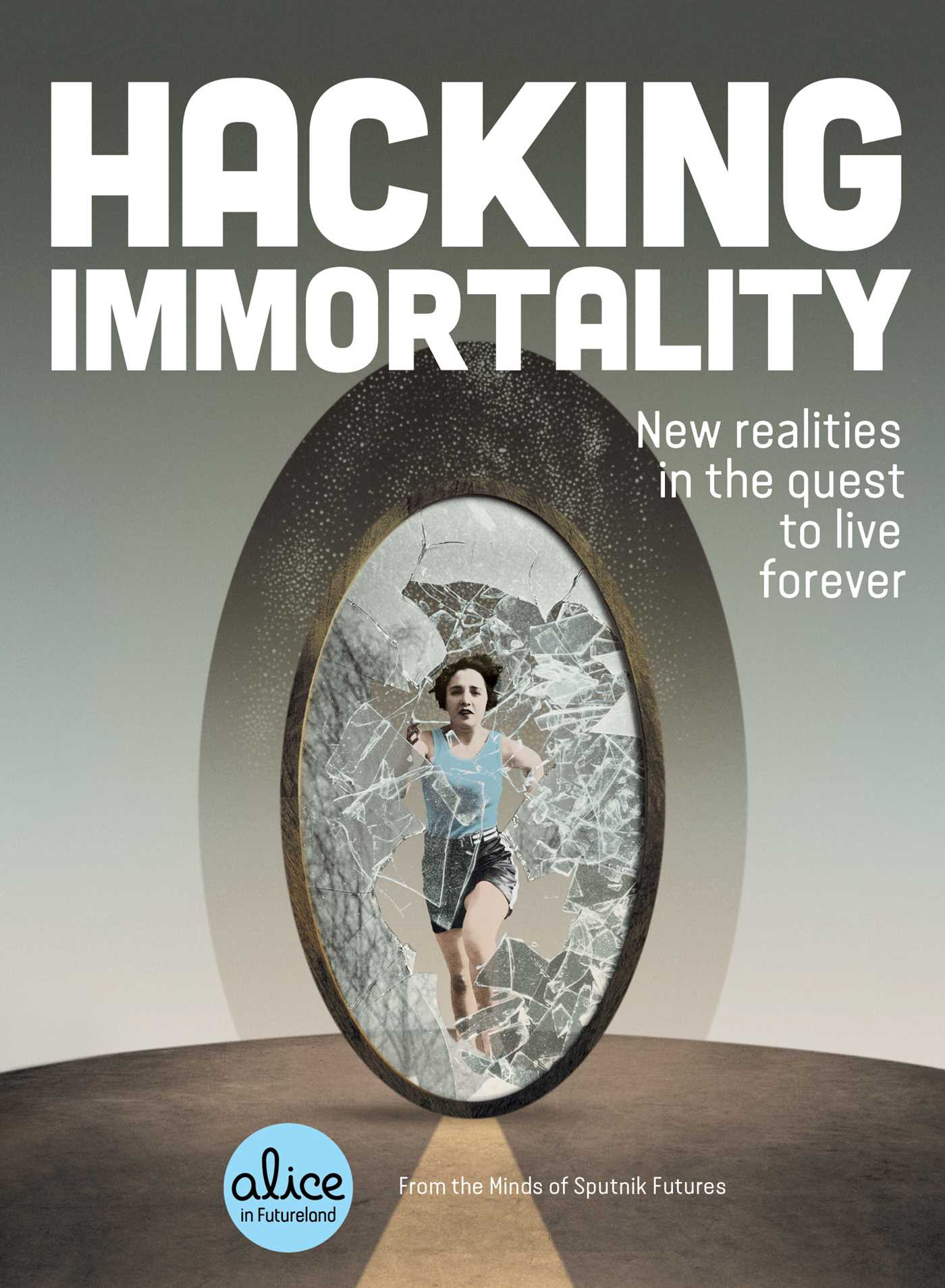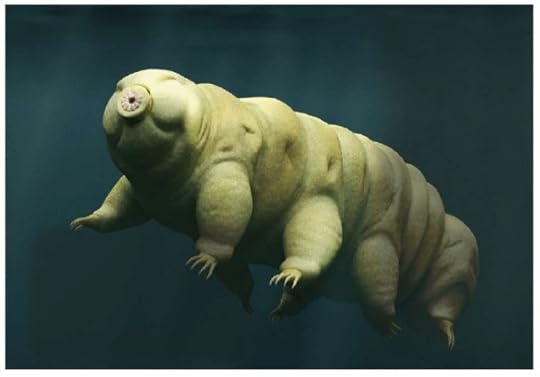What do you think?
Rate this book


256 pages, Paperback
First published April 28, 2020
"Hello; my name is Alice, and I can live forever. It helps that I am one part human and one part AI. When anyone meets me for the first time, they always ask me: How do you live so long?"
"Some of these new drugs draw on one of the oldest tools in the book: caloric restriction, or CR. In recent years, scientists have discovered that we have nutrient sensors in our cells that determine food availability, and these sensors regulate large gene programs that, in turn, regulate how fast we age. Studies have shown CR to be effective in extending life span and deflecting age-related chronic diseases in a variety of species, including mice, fish, flies, worms, and yeast.Many other longevity-related issues and topics are covered in here. Animals that defy traditional definitions of lifespan and aging are also covered; from jellyfish to the tardigrade.
Rodent studies conducted over the past twenty years have demonstrated up to a 40 percent increase in maximum life span through lifelong CR. The mechanisms through which this occurs are still not validated in humans, for many reasons—like, who wants to starve for twenty years?—but CR has reduced metabolic rate and oxidative stress, improved insulin sensitivity, and altered neuroendocrine and sympathetic nervous system function in animals. Most important, these studies demonstrate how it changes genes..."
